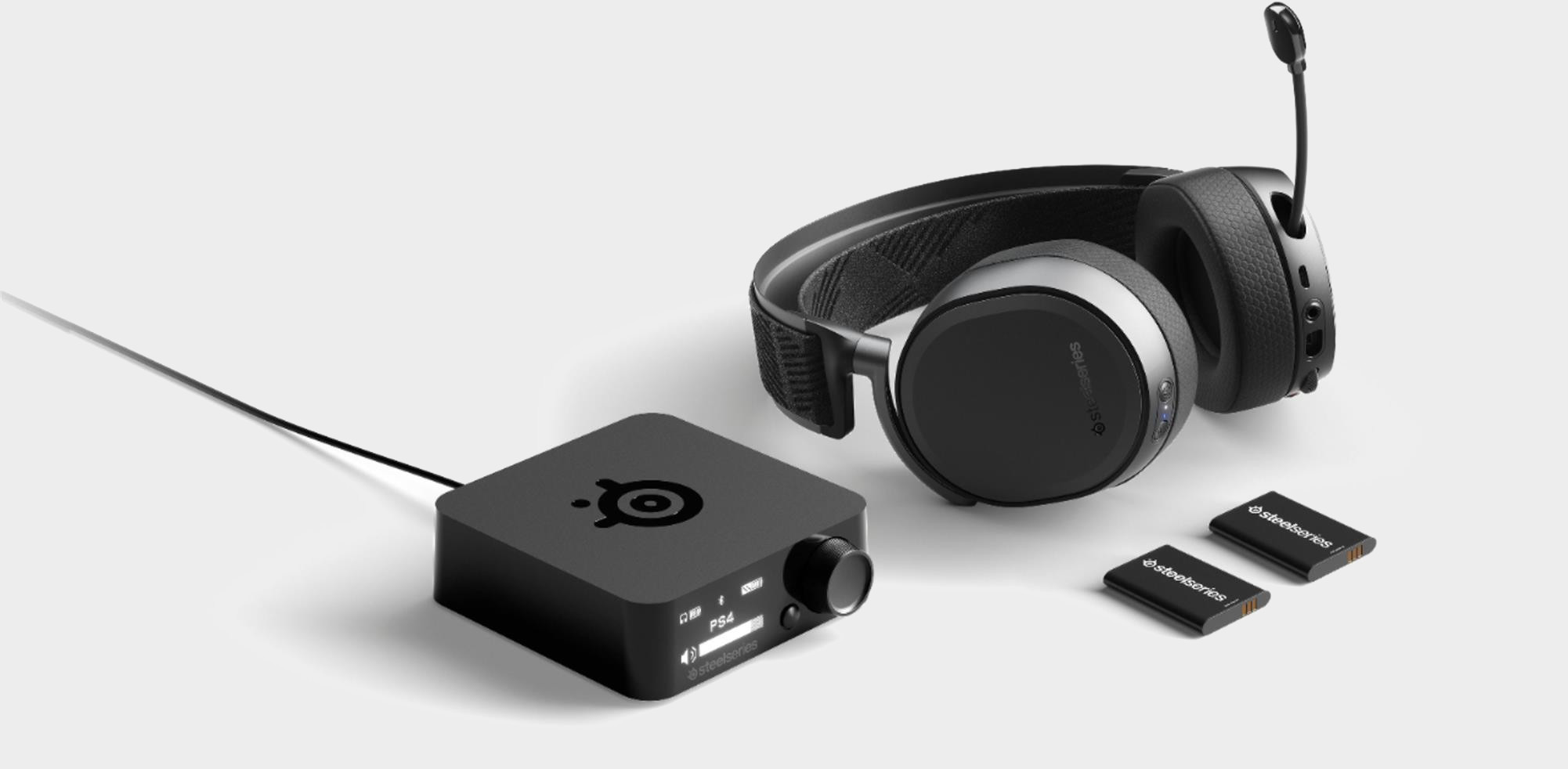LiquidVPN sued by movie companies for encouraging and profiting from 'blatant' piracy
It's the first time a VPN company has been sued for actively promoting piracy.

Up to this point, VPN services have found themselves off the radar when it comes to copyright litigation. However, multiple filmmakers have collectively filed a pair of lawsuits against LiquidVPN's current and previous owners, Charles Muszynski and David Cox, alleging the service promotes "notorious piracy websites," among other related grievances.
A VPN, or virtual private network, adds a layer of anonymity, security, and privacy to your online activities. It does this by hiding your IP address and encrypting your traffic, making it more difficult to both identify and track you on the web.
Using a VPN can potentially benefit your gaming experience, too—the best VPNs for gaming not only avoid slowing down your connection, they can result in less packet loss (compared to your ISP's routing) and lower your ping. Not all VPNs are created equal, though, and some can hamper your online gameplay with ping spikes and slowed connections.
As for the lawsuits against LiquidVPN (PDF warning) discovered by TorrentFreak, a trio of movie production companies—Hunter Killer Productions, Millennium Funding, and Voltage Pictures, behind flicks such as Automata, Hunter Killer, and I Feel Pretty—allege the defendants are "liable for direct and contributory copyright infringement and DMCA violations."
In essence, the plaintiffs want to hold LiquidVPN responsible for the actions of its users, and also wants those users identified so they can go after them directly. According to the lawsuit, not only did LiquidVPN's owners not turn a blind eye to copyright infringement, they "promoted, encouraged, and instructed" users to engage in piracy.
"The LiquidVPN defendants’ website includes a statement that their VPN service is the 'Best VPN for Torrenting and P2P Filesharing today' over the image of the notorious movie piracy website [The] Pirate Bay," the lawsuits state.
Plaintiffs in the lawsuit also take issue with LiquidVPN promoting Popcorn Time, a multi-platform bittorrent client with an integrated media player.
The biggest gaming news, reviews and hardware deals
Keep up to date with the most important stories and the best deals, as picked by the PC Gamer team.

Best wireless gaming mouse: ideal cable-free rodents
Best wireless gaming keyboard: no wires, no worries
Best wireless gaming headset: top untethered audio
"The LiquidVPN defendants further state, 'Experience everything Popcorn Time has to offer in the United States and the UK. Except the risks', 'Stream Content Anonymously. Why bother risking complaints from your ISP, settlement demands, threats and jail time for streaming your favorite TV show',” the lawsuits add.
A visit to LiquidVPN's website shows that Popcorn Time is still a selling point. There's a dedicated portal to using LiquidVPN with Popcorn Time, in which the VPN provider notes laws in the UK could result in "up to 10 years in prison for streaming media with Popcorn Time software," adding that "LiquidVPN will keep the fun times popping."
Plaintiffs are hoping to score damages of up to $150,000 for each pirated movie, statutory damages of $25,000 for alleged DMCA violations, and other fees. The lawsuit also wants a judge to order LiquidVPN to block subscribers from accessing "piracy websites."
Paul has been playing PC games and raking his knuckles on computer hardware since the Commodore 64. He does not have any tattoos, but thinks it would be cool to get one that reads LOAD"*",8,1. In his off time, he rides motorcycles and wrestles alligators (only one of those is true).


